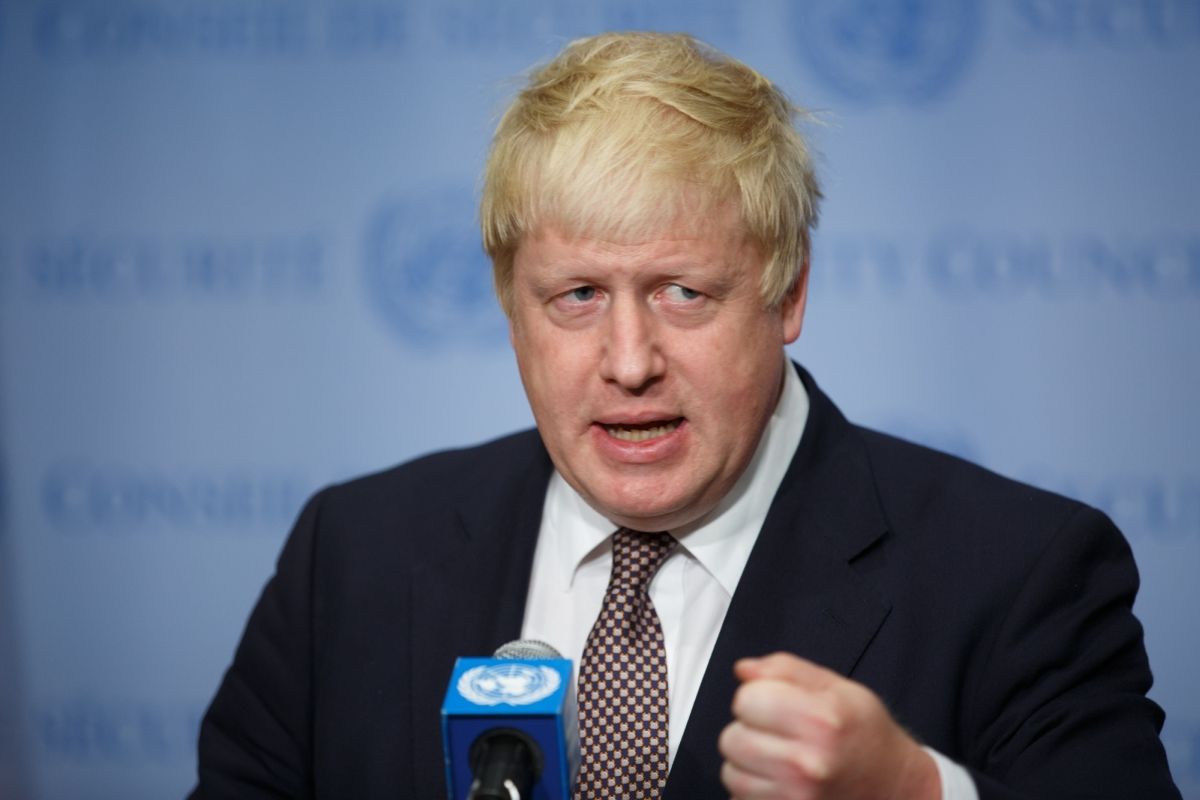UK Prime Minister Boris Johnson on Saturday will pay his visit to northern England, a region which contributed towards his ruling Conservative Party’s biggest election win in 30 years by sweeping aside Labour from its traditional heartlands.
In the recent general election, PM Johnson won with the highest majority of 80, his party’s largest since 1987, and in contrast, the opposition Labour suffered its worst election result since the 1930s, the BBC reported.
Advertisement
On Friday, while speaking to the public, Johnson thanked lifelong Labour supporters who deserted his main rival Jeremy Corbyn’s party and turned to the ruling Conservatives and said he would fulfil his pledge to take the UK out of the European Union on January 31, 2020.
He also vowed to reintroduce his Withdrawal Agreement Bill (WAB) to Parliament before Christmas, which could happen by the end of next week.
Johnson was expected to announce a minor re-shuffle possibly as early as December 16.
MPs will then return to Westminster on December 17 and begin the process of swearing-in, before the Queen formally opens Parliament on December 19 with “reduced ceremonial elements”.
Earlier on Friday, European leaders will charge EU negotiator Michel Barnier with negotiating a close trade deal with Britain after PM Johnson’s apparent election win set the stage for an orderly Brexit.
Labour leader Jeremy Corbyn said that he would stand down as his party faced its worst electoral defeat in 84 years, but he did not set a date for his departure, adding that he would remain in charge during a period of reflection.
The Scottish National Party, which strongly opposes Brexit, would win 55 of the 59 seats in Scotland, the poll said, setting the scene for it to demand a second independence vote after secession was rejected by 55% to 45% in 2014.
“Boris Johnson has to respect that the Scottish government in Edinburgh already has a mandate for a referendum on Scottish independence in a change of circumstances,” SNP Westminster leader Ian Blackford said.
In the Thursday’s election, the Conservatives won a total of 365 seats in the election, while Labour finished on 203, the Scottish National Party 48, Liberal Democrats 11 and the Democratic Unionist Party eight, the BBC reported.











